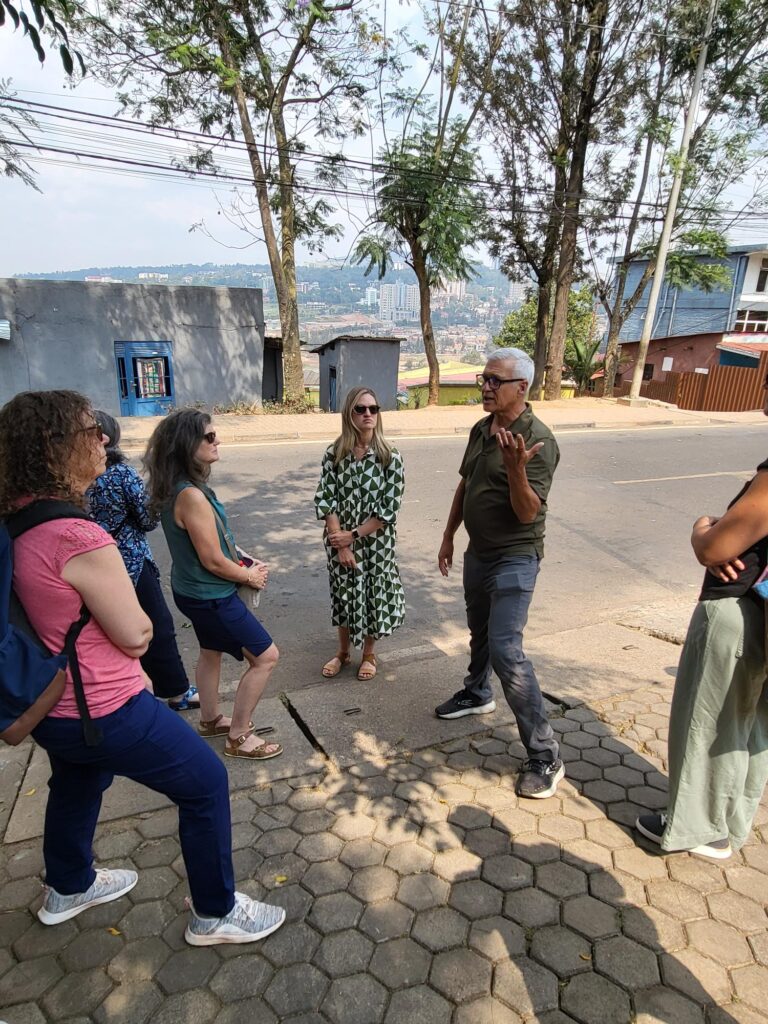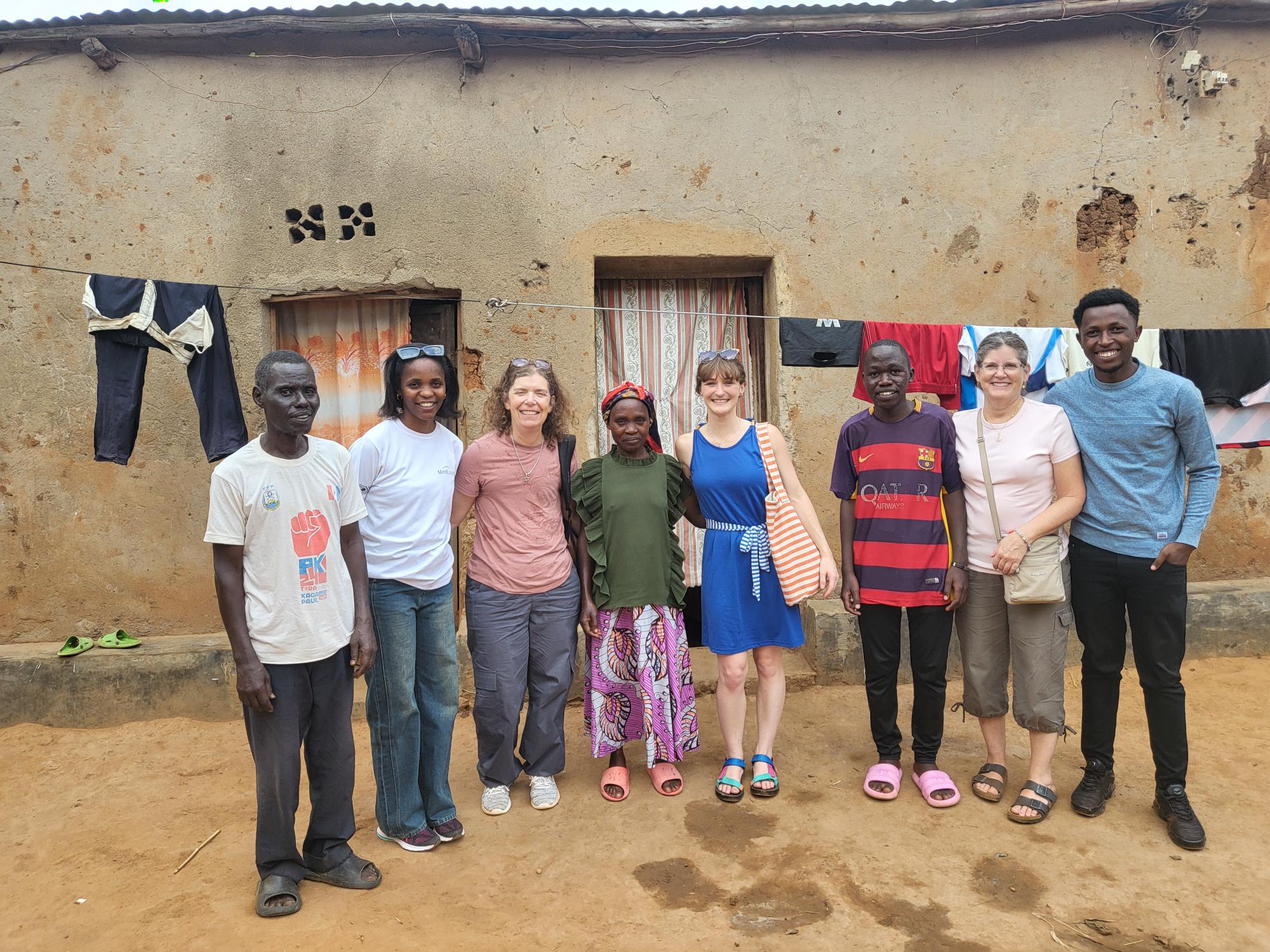One week into my study in Rwanda, this experience has already reshaped how I think about genocide education—both as a PhD student and as a museum educator at the Nancy & David Wolf Holocaust & Humanity Center.
As part of my PhD studies, I’ve been exploring the intersection of history, memory, and education in post-genocide contexts. I came to Rwanda to deepen my understanding of this history. As someone who teaches about the importance of honoring survivors’ stories and learning from the past to build a more just future, this journey feels both timely and urgent.
Rwanda is a country that doesn’t just remember its history—it actively lives with it, though not in the way many might expect. Here, the emphasis is on “one Rwanda,” meaning one united people. The divisions of the past—Hutu or Tutsi—that fueled a genocide over 100 days in 1994 are not the focus today. Instead, reconciliation and rebuilding together as Rwandans are of utmost importance. Educating younger generations not only about what happened, but also about why and how it happened, is central to combating denial—something that exists in this genocide’s history as well.

Visiting memorials, hearing survivor testimony—some speaking publicly for the first time—and engaging with educators and local leaders has already taught me more than any textbook could. What strikes me most is the resilience that shines through unimaginable atrocity. I am deeply grateful to be on this journey led by Carl Wilkens, the only American to stay in Rwanda during the genocide. He refused evacuation so that he could stay and help—often making split-second decisions in uncertain circumstances. He was an upstander. You can learn more about his courageous story in his book, I’m Not Leaving.
I can’t wait to bring what I’ve learned back to the Holocaust & Humanity Center. Our mission—to ensure the lessons of the Holocaust inspire action today—feels even more critical through the lens of what I’ve experienced here. I’m thinking more deeply about how we teach these histories—not as isolated tragedies, but as part of a collective call to humanity, or ubumuntu.
There’s so much more to take in, and I know the coming week will continue to challenge, inspire, and move me. For now, I’m filled with gratitude—for the opportunity to be here, for the people who have welcomed me so openly, for the chance to carry these stories forward, for Carl Wilkens and his teaching rooted in personal connection and care, and for the Holocaust & Humanity Center for encouraging this learning.
